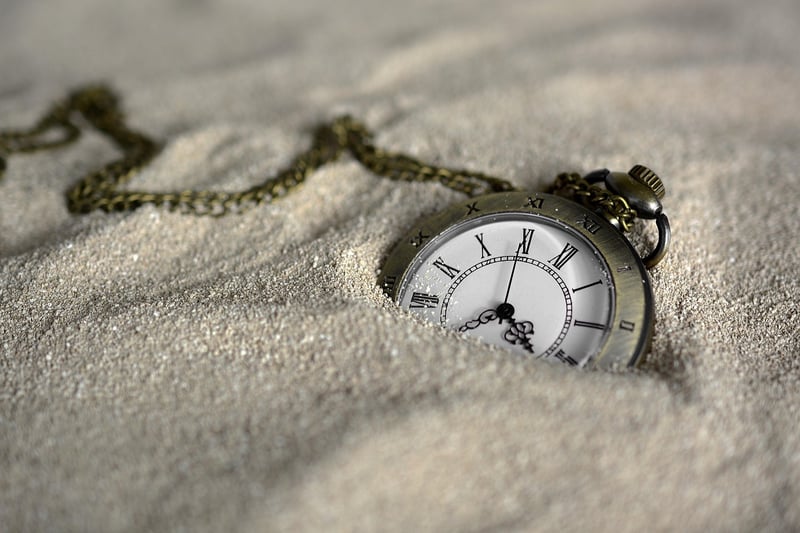Alteration Dilemma
The Moral Implications of Time Travel and the Alteration Dilemma
Time travel has been a popular concept in science fiction for decades, captivating audiences with the idea of changing the course of history or revisiting pivotal moments in time. However, beyond the realm of entertainment, the concept of time travel raises profound moral implications and ethical dilemmas that are worthy of exploration.
1. Changing the Past
One of the most significant moral dilemmas associated with time travel is the temptation to alter the past. The ability to change historical events raises questions about the consequences of such actions. Would altering the past lead to a better future, or would it create unforeseen and potentially disastrous outcomes?
Impact on Individuals
Changing the past could have profound effects on individuals and their lives. For example, preventing a tragedy may seem noble, but it could also have unintended consequences. The alteration dilemma forces us to consider the complexity of causality and the ripple effects of our actions.
2. Responsibility and Accountability
Time travelers face a moral responsibility to consider the implications of their actions. The power to change the course of history comes with a burden of accountability. Should individuals be held responsible for the unintended consequences of their temporal interventions?
Ethical Considerations
Ethical considerations play a crucial role in the decision-making process of time travelers. The ethical implications of altering the past extend beyond personal gain and raise questions about the greater good and the preservation of the timeline.
3. Paradoxes and Conundrums
Time travel introduces paradoxes and conundrums that challenge our understanding of cause and effect. The grandfather paradox, for example, raises the question of what would happen if a time traveler were to prevent their own grandfather from meeting their grandmother, thus preventing their own existence.
Temporal Stability
The alteration dilemma also raises concerns about temporal stability. Changing key events in history could disrupt the fabric of time and space, leading to unforeseen consequences and potentially catastrophic outcomes.
Conclusion
In conclusion, the moral implications of time travel and the alteration dilemma are complex and multifaceted. As we continue to explore the concept of time travel in fiction and theory, it is essential to consider the ethical responsibilities that come with the ability to alter the past. By examining these dilemmas, we can gain a deeper understanding of the impact of our actions on the fabric of time and the course of history.

For further reading on the topic, you can explore the Stanford Encyclopedia of Philosophy's entry on Time Travel.
